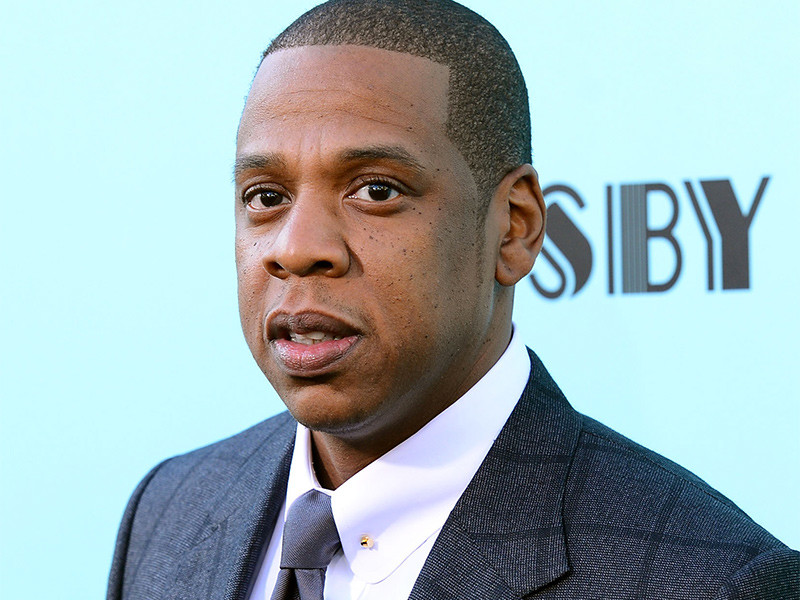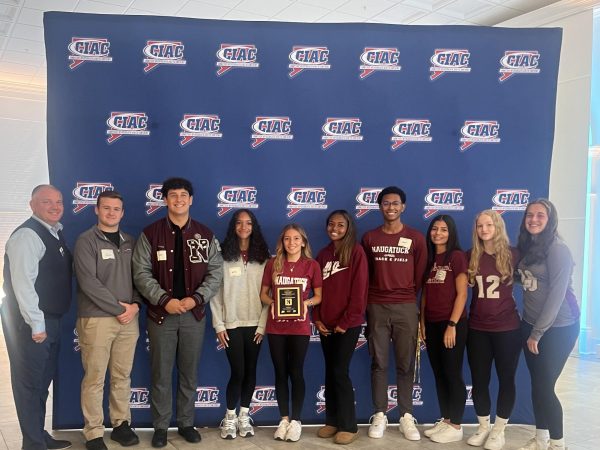For Black History Month, we celebrate prison reformer Jay-Z
In consideration of February’s Black History Month, names that often come to mind are the great influential leaders such as Harriet Tubman, Martin Luther King Jr., or Maya Angelou. While, many modern African-American pop culture leaders, like rapper Jay-Z, often get overlooked.
Although many people may know Jay-Z, whose real name is Shawn Corey Carter, as a seventeen times Grammy Award winner and six-time BET winner, what many fail to notice is his important prison reform work through the creation of the REFORM Alliance with fellow rapper, Meek Mill, aka Robert Rihmeek Williams in January 2019.
When interviewed, NHS sophomores Britney and Shravani, 15, both responded that “outside of Jay-Z’s rap career, “I only know him to be the husband of Beyoncé and a self-made entrepreneur.”
However, that is not all that he does. Jay-Z’s REFORM Alliance organization has helped thousands of incarcerated African-Americans find their voice in a system working against them.
One of the greatest influences of the creation of the alliance was the #FreeMeekMill movement that occurred in 2017 in which, rapper, Meek Mill, was sentenced to two-four years imprisonment for violation of parole after being caught popping wheelies.
Upon his release five months later, Meek Mill and Jay-Z teamed together to fight against a system that “stalks black people.”
The main goal of the REFORM Alliance as stated by its entrepreneurs is to dramatically reduce the number of people who are needlessly trapped in the system. We will do this by changing the laws, policies, and practices that perpetuate injustice. Key to our strategy is changing hearts and minds to support real change.
Following the organization’s creation, the team has spoken publicly against several social injustices including holding a prison rally in Mississippi during January of 2020, alongside fellow rapper, Yo-Gotti, in opposition to the Mississippi Department Corrections after five prisoners were found dead in one month.
Although the rap icons were not personally present at the rally, they filed lawsuits for several of the prisoners on their behalf due to the poor conditions of the Parchman Prison in Mississippi.
Several instances include highly unsanitary living quarters, a destroyed plumbing system, and hostile environments that led to over 10 deaths unrelated to natural causes.
In response to the rally, Governor Tate Reeves, “announced a crackdown on contraband cell phones …. Maintenance crews would begin work on the prison, and guards would be screened for any gang affiliation.”
In addition, Reeves “ordered MDOC to be more transparent about deadly incidents in the prison system,” according to News Channel WMC 5.
Alongside Shawn Carter’s work in prison reform, Jay-Z has also publicly shown his support for former NFL star Colin Kaepernick’s decision to kneel during the National Anthem in a protest against African-American social injustices and police brutality.
Since his rap career’s beginning in the late 1980s, Jay-Z has used his lyrics to speak out against “a society working against blacks” by highlighting several key issues including race, class, gender, and relatable stories of living in black communities.
Jay-Z highlights his life story through many of his songs including, Allow Me to Reintroduce Myself, in which he states, “Take the analogy of a tree that grows in/Brooklyn/Among the steel and the concrete/With all its glorious branches and leaves/One day it/too will pass on its legacy/Through the seeds it dropped to the ground.”
Overcoming the odds of a struggling Brooklyn-raised boy, Shawn Carter has been able to inspire and influence millions of his fans around the world for several decades through the power of music. Becoming a common household name, Jay-Z’s legacy will continue to live on through the hearts of young, black men and women and inspire others to use their voice as well in helping to make the world a better place.

I am in the 10th grade. I chose to take this class to help me with my writing. After high school I want to go into the medical field.








